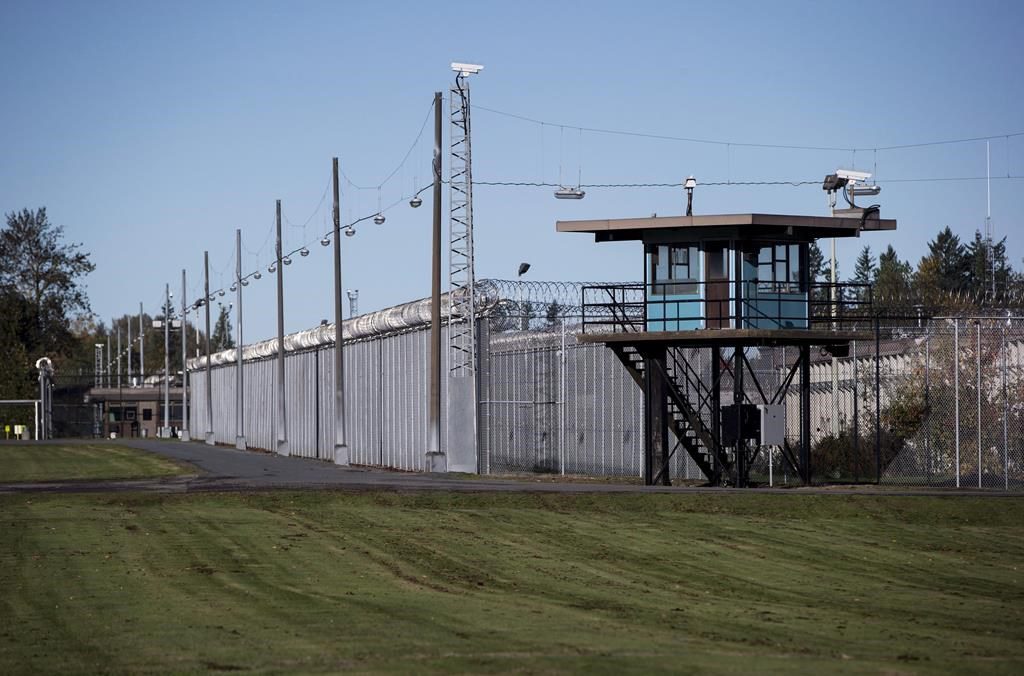The Public Sector Integrity Commissioner at the federal level says that the Correctional Service of Canada showed “gross mismanagement” when it took almost four years to repair pipes at a B.C. prison that were leaking chemically treated water into the ground.
Harriet Solloway states that millions of litres of water from the building’s heating system leaked into the ground around Matsqui Institution in Abbotsford, B.C., which is located on three aquifers, including one that flows into a salmon-bearing stream.
“After reviewing the evidence, it is clear that CSC management failed to take appropriate and timely corrective action, which represents serious mistakes affecting safety and potentially harming the environment — not reflecting responsible management of government funds and assets,” Solloway stated in her report issued this week.
The main purpose of the central water system is to provide hot water for domestic use and heat the three institutions that are part of the Matsqui Complex, where more than 1,000 inmates are housed.
According to Solloway’s report, an engineer first noticed issues with the system, which requires the addition of anti-corrosion chemicals to boiling water, in August 2017 and alerted officials about “a substantial leak.”
They were informed that the best way to fix the leak is to excavate the system, which is about one and a half metres underground.
Excavation work began the following month but had to halt due to the frozen winter ground.
Almost a year later, in July 2018, the engineer sent an email to management noting, “this leak needs to be addressed” and that by the end of the month, about 1.1 million litres of chemically treated hot water would have seeped into the ground.
Solloway’s report indicates that the department attempted unsuccessfully in 2018 to detect the leak using a method involving high-water pressure and a vacuum to remove soil.
“The engineer continued to raise the alarm throughout 2020 and 2021, but he was ignored,” the report says.
Solloway states that management did not believe the leak was getting worse, despite their lack of engineering expertise, and some managers suggested that the monitoring equipment was not “scientific enough.”
“These claims were made by managers who did not have engineering expertise to make such determinations,” the report mentions.
The report suggests that cost and the possibility of the system being replaced may be two reasons for the lack of action.
“Finally, on April 29, 2021, excavation of the entire pipe system was carried out, almost four years after the engineer’s recommendation. As a result, multiple leaks were eventually discovered. By that time, according to CSC engineering personnel, millions of litres of chemically treated hot water had seeped into the ground,” the report says.
Solloway made four recommendations in her report, including that the department create an “action plan” for critical infrastructure risks and failures, that maintenance plans are up to date and that there be an environmental impact assessment.
In a response included with the report, the Correctional Service of Canada argues that it did not commit wrongdoing, noting that an independent report in 2022 revealed that there was no contamination from the “highly diluted rust inhibitors” leaking from the pipes.
Reports in 2020 and 2021 stated that the risks were considered to be very small.



